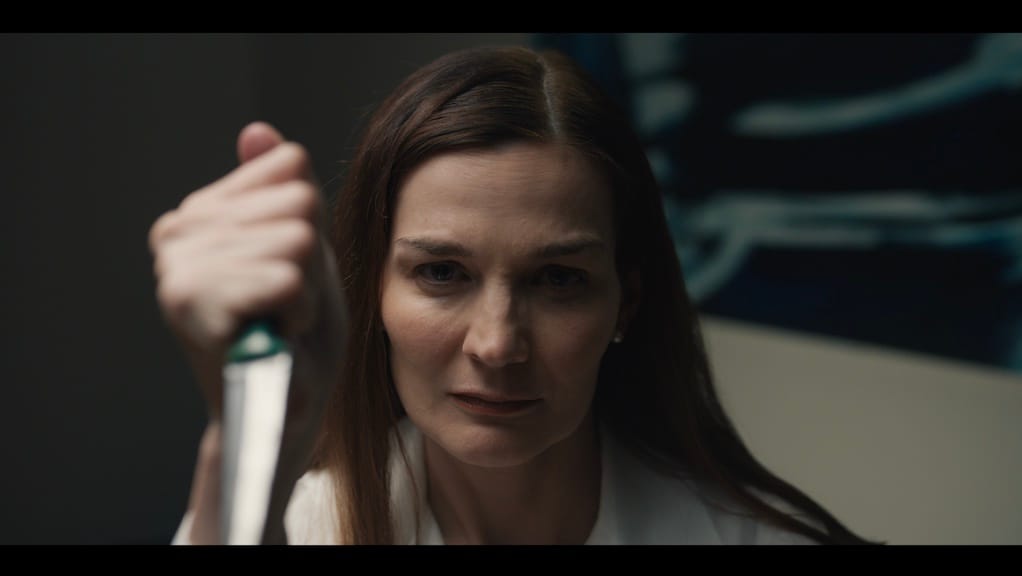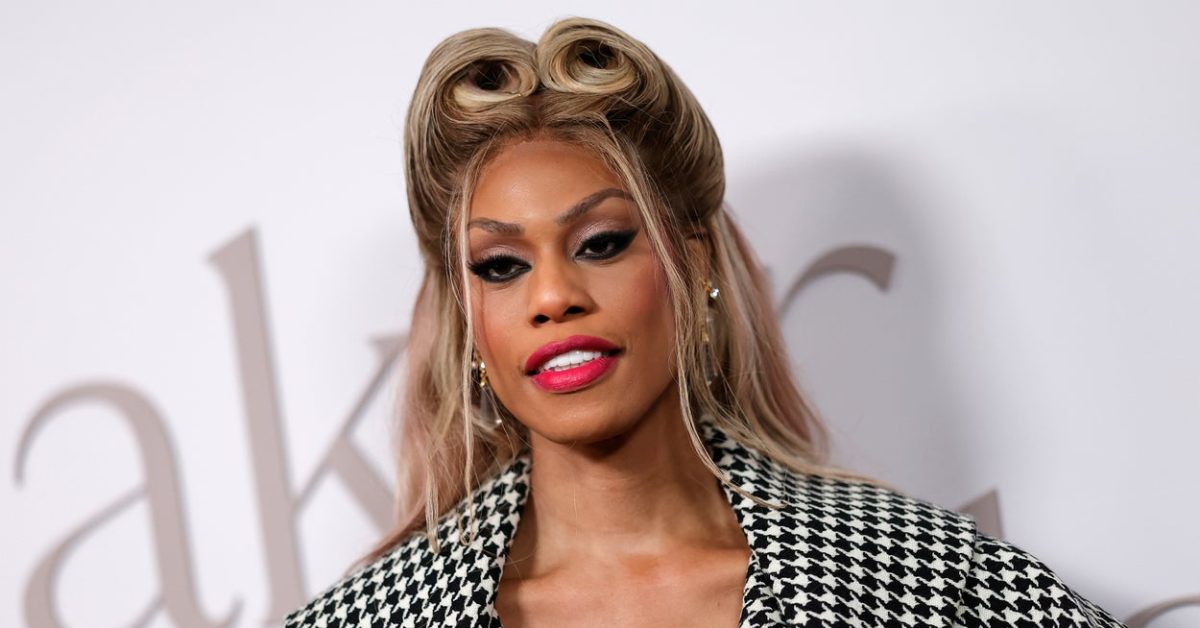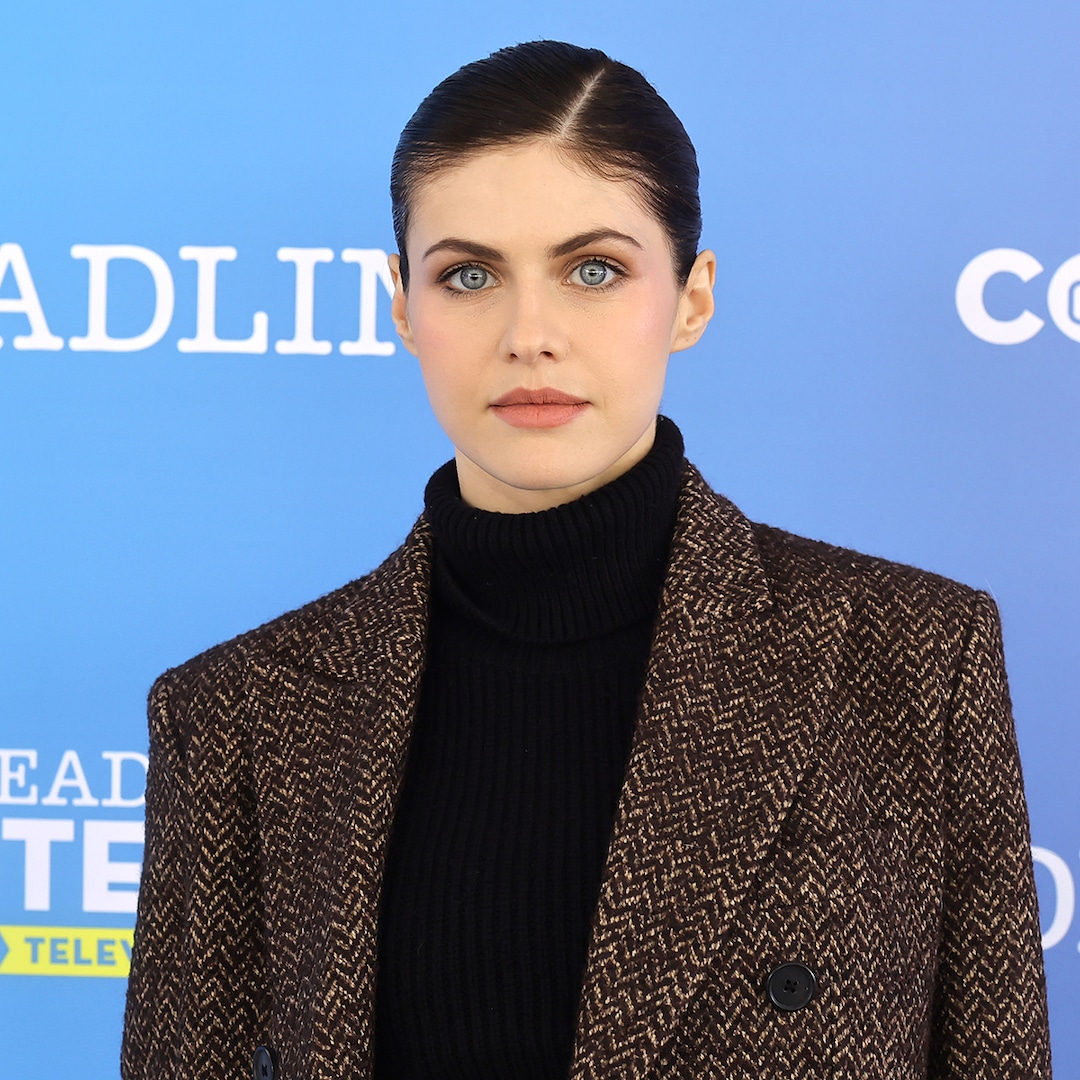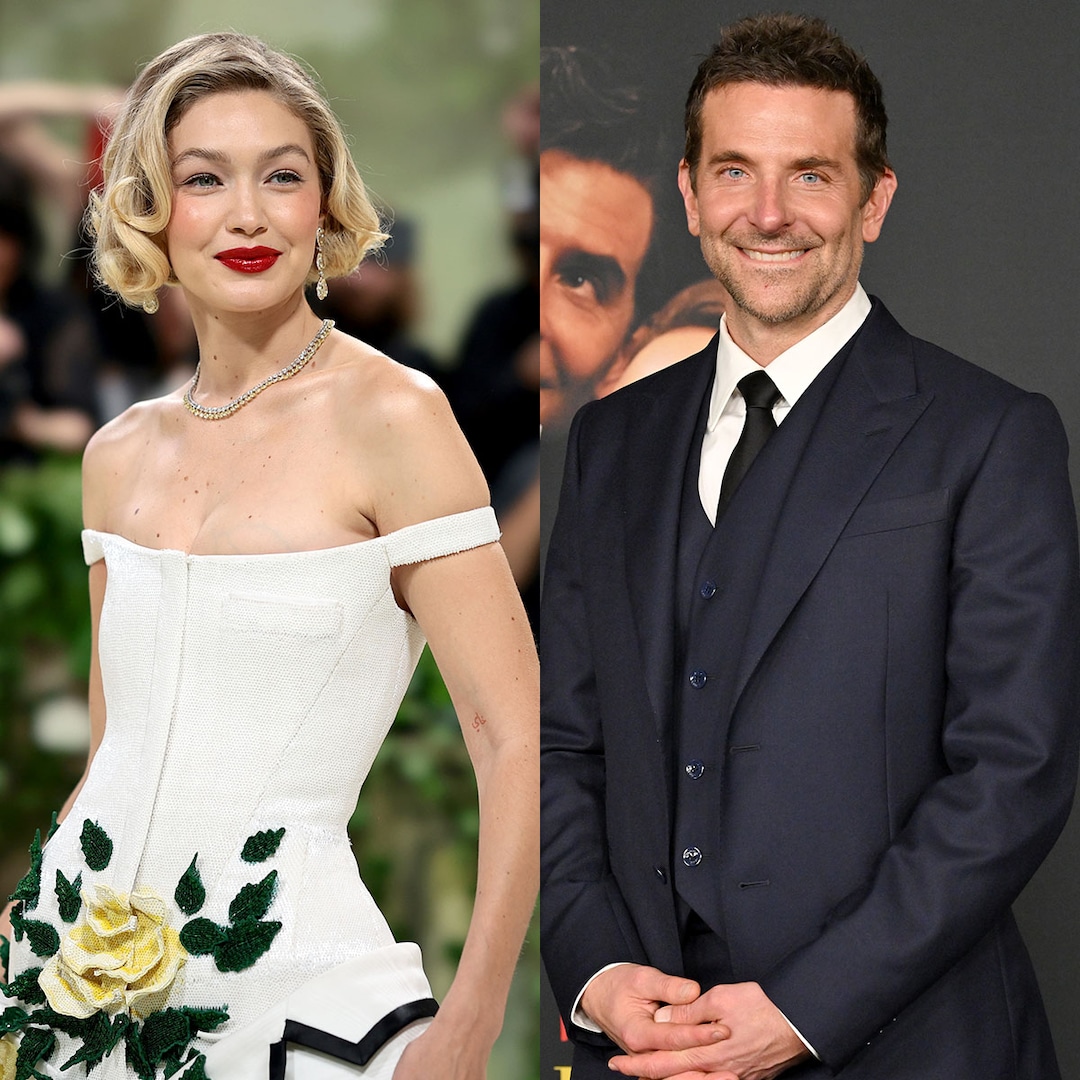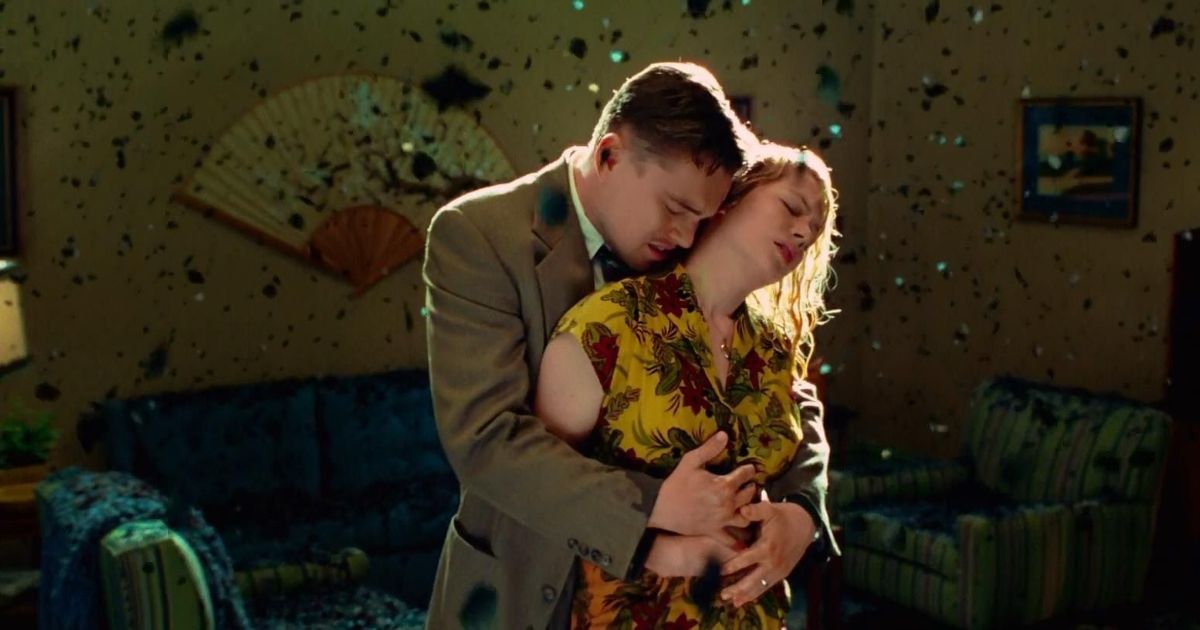
Breaking Down the Movie’s Ending
May 10, 2023
Shutter Island is a movie about Leonardo DiCaprio’s character Teddy, introduced as a US Marshal assigned to investigate the eponymous Shutter Island, a mental sanatorium in the 1950s. He investigates the island, believing that the man who killed his wife, Andrew Laeddis, is on there. However, as he unravels what he believes to be a web of intrigue, he slowly yet surely finds out that his entire investigation has been a role play to cure him. He finds out that he was never Teddy, the US Marshal, but Andrew Laeddis, who murdered his own wife after she drowned their three kids. His partner Chuck, played by Mark Ruffalo, turns out to be a doctor who was watching over him and is actually named Lester Sheehan.
MOVIEWEB VIDEO OF THE DAYSCROLL TO CONTINUE WITH CONTENT
Updated May 4, 2023: If you are still shaken by Shutter Island’s ending and want to know more about it, you’ll be glad to know that this article has been updated with additional content by Yosra Ben Lagha.
Directed by Martin Scorsese, Shutter Island builds well towards this plot twist with its dark atmosphere and claustrophobic sense of doubt in the reality of what’s unfolding on screen at any given time. In many ways, it’s similar to the iconic DiCaprio-starring Inception in that it’s a solid thriller that plays with what the audience trusts while diving deeply into one man’s psyche. Additionally, like Inception, it features an ending that’s initially puzzling and confusing due to its openness to interpretation. In this article, we’ll break down the ending and how it can be understood in context with the movie as a whole.
How Shutter Island Ends
Via Paramount
During the ending scene, Andrew and Dr. Sheehan sit down on some steps for a smoke. Andrew was just told that he had made up his entire identity as US Marshal Edward “Teddy” Daniels in order to escape from the reality that he killed his wife. Andrew, in short, has realized who he really is. Importantly, Dr. John Cawley (Sir Ben Kingsley) told Andrew that he, at one point, realized who he really was before but then relapsed back into forgetting himself, becoming Teddy, and beginning the investigation all over again. Cawley tells Andrew that if his latest treatment fails, then he will be lobotomized. As Sheehan and Andrew are sitting, Dr. Cawley is observing them from afar.
Related: Best Leonardo DiCaprio Movies, Ranked
Andrew and Sheehan talk for a while, and Sheehan realizes that Andrew appears to have relapsed back into his identity as Teddy. Andrew is still talking as if he’s an investigator unraveling the mystery of Shutter Island. When he figures this out, he looks over to Cawley and shakes his head, indicating to Cawley that the treatment hasn’t worked, and so Cawley goes to fetch the men to lobotomize Andrew. Before those men arrive, Andrew says one more thing that sheds a bit of light on why the protagonist keeps recreating this loop of fantasy. He asked Sheehan if it is worse “to live as a monster, or to die as a good man?” Then, Andrew is taken to be lobotomized.
Why is the Ending So Effective?
Via Paramount
Shutter Island’s ending, like the ending of Inception, is effective because it resolves the main plot but does not provide complete closure. There is an important question that still has to be answered in the case of both movies that leads back to their respective themes. In Inception, as outlined by Slash Film, the question is whether the reality Dom Cobb finds himself in at the end of the movie is actually real or another dream. This question is posed when he spins his totem — a top — and the camera lingers on it spinning. In Inception, the top would keep spinning in a dream but fall after some time in real life. This circles back to the main question of the movie regarding what is real and what isn’t. Cobb’s wife kills herself because she’s convinced her own reality is fake, believing it’s the only way to awaken.
Before we discuss the question that Shutter Island raises, it’s worth noting that the ending also works due to the exceptional performances of all involved. Ruffalo’s subtle shake of the head to Dr. John Cawley conveys exactly what Sheehan is thinking. Then, Cawley gives a resigned look of frustration and despair as his attempts to save his patient’s mind have been completely fruitless. DiCaprio also plays a perfect Andrew Laeddis at this moment, though what Andrew is thinking up to this point is open to interpretation and not necessarily clear.
What Does It Mean?
Via Paramount
The ending of Shutter Island can be interpreted in two ways. The first is the straightforward answer: that Andrew Laeddis has once again relapsed into his delusion, just as Dr. Cawley described earlier. The other possibility, though, gets into the heart of the movie’s themes. The second interpretation revolves around what Andrew asked at the end of the movie; if it is worse “to live as a monster, or to die as a good man.”
Shutter Island is essentially about Andrew falling into a delusion that he is a better man who didn’t kill his wife and that his time on the earth has meaning because he’s looking for a way to avenge her rather than live with the guilt of having killed her. Andrew asking Sheehan that question re-frames his actions. Instead of falling passively into the delusion, as a result of his subconscious, instead, he decides to fully embrace an existence where he died as a good man.
What Is the Psychology Behind The Ending?
Paramount Pictures
Because the movie centers around a patient and his doctor, it’s only natural for us to try to look at the ending from a psychoanalytic point of view. After losing his two children because of his wife’s untreated mental illness, Andrew kills his wife, making his story even more tragic. This is enough to send anyone to an asylum for the rest of their lives. However, people have very different reactions to traumatic events. Some would indulge in substance abuse, while others would engage in risky behavior, hoping that a rush of adrenaline would drown out the guilt and the pain.
Related: Every Leonardo DiCaprio and Martin Scorsese Movie Collaboration, Ranked
In fact, all those behaviors have one thing in common. They are used as a means to dissociate from an unbearable truth. It’s just that Teddy took it a bit too far. The ending draws a very clear psychological diagnosis for the patient without openly saying it. His detective fantasy proved to be nothing but a symptom of his Dissociative Disorder resulting from his lingering and unattended trauma. Simply put, creating an imaginary identity that resembles in no way the true self that he has come to abhor and reject because of the guilt helps him cope with surviving the death of his family.
An Ending With No Clear Answers
Paramount Pictures
What makes this ending uniquely special is its subtle and smart revelation of Andrew’s psychological plight. It shows that his only survival instinct is to succumb to an episodic sense of detachment and to travel outside himself, leaving all the memories that make him a monster behind. Simply put, this dissociative instinct arises when trauma still lingers in the mental and emotional background of the patient.
It’s also a state of failed forgetting. As Andrew could not forget his guilt, he fled to another stream of reality in which he was shielded from facing his tragic trauma. The ending scene proposes that unless the protagonist faces his trauma head-on, this repetitive cycle of mental illness will be perpetuated. Hope is, nonetheless, restored to the viewers when in an intimate moment of stolen lucidity, Leaddis confesses to Sheehan that he is intentional about his indulgence in his delusions.
That said, it’s not necessarily a strict binary. Perhaps Andrew is mostly delusional, but the comment about dying a good man is a moment of clarity in an otherwise confused haze. The strength of an ending like this is the fact that you can never be 100% sure. The ending has closure for the character, even if we, as the audience, don’t. We know Leaddis is going to be lobotomized, but the question is how much agency and choice he has in his own madness. One could forever talk about this ending and what it represents, but it’s not unclear or lazy. It has a clear thematic meaning and presents possible questions that linger with you after each viewing. Indeed, per IndieWire, answers to Shutter Island’s ending are still being pondered over.
Publisher: Source link
Laverne Cox Reacts To Donald Trump’s Election Win
Laverne Cox discussed why she's considering leaving the US following Donald Trump's win in the 2024 election. In a new interview with Variety, Laverne said that she and several friends were considering a move: "We’re doing research on different cities…
Nov 14, 2024
Alexandra Daddario Reveals Postpartum Body 6 Days After Giving Birth
Alexandra Daddario Shares Candid Photo of Her Postpartum Body 6 Days After Giving BirthAlexandra Daddario is embracing new motherhood. Days after welcoming her first baby with husband Andrew Form, the White Lotus alum shared a photo of her postpartum body…
Nov 14, 2024
Fans Are Reacting To Rihanna's Recent Comments About Shifting From Her Music Career, And They're Worried To Say The Least
"She tryna tell yall that she not releasing any music baby," one user wrote.View Entire Post › Disclaimer: This story is auto-aggregated by a computer program and has not been created or edited by filmibee.Publisher: Source link
Nov 13, 2024
Gigi Hadid & Bradley Cooper Twin During Limitlessly Chic NYC Date
A twinning moment is born. Gigi Hadid and Bradley Cooper—who have been quietly linked since October 2023—proved their romance is as strong as ever as they stepped out in coordinating looks for a stroll in New York City on Nov.…
Nov 13, 2024
